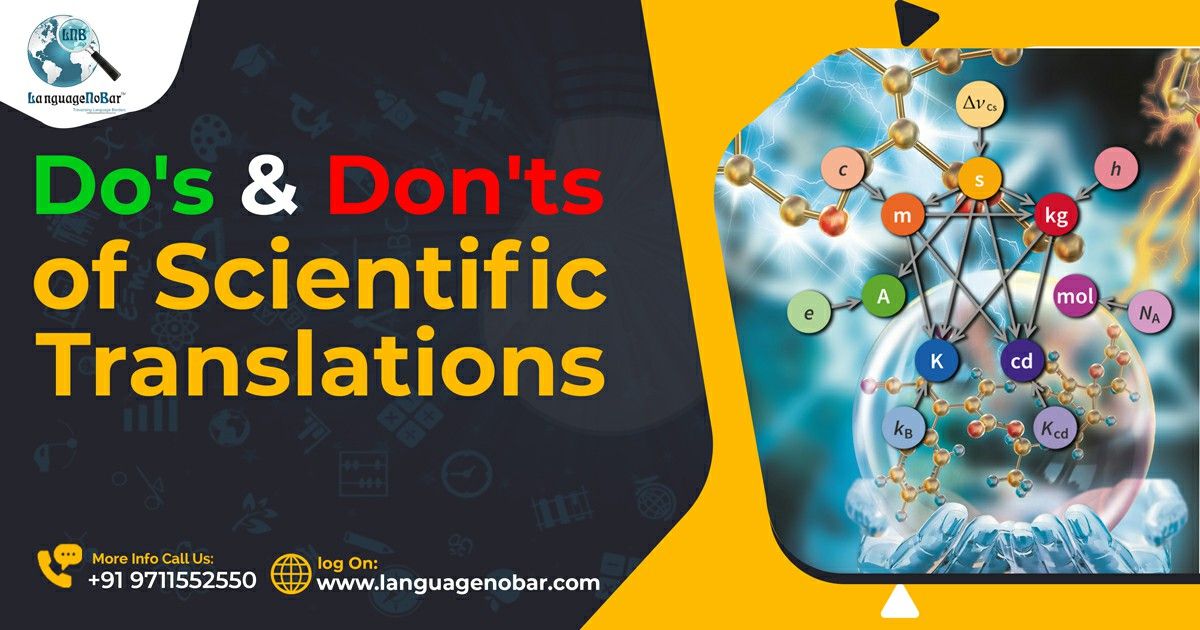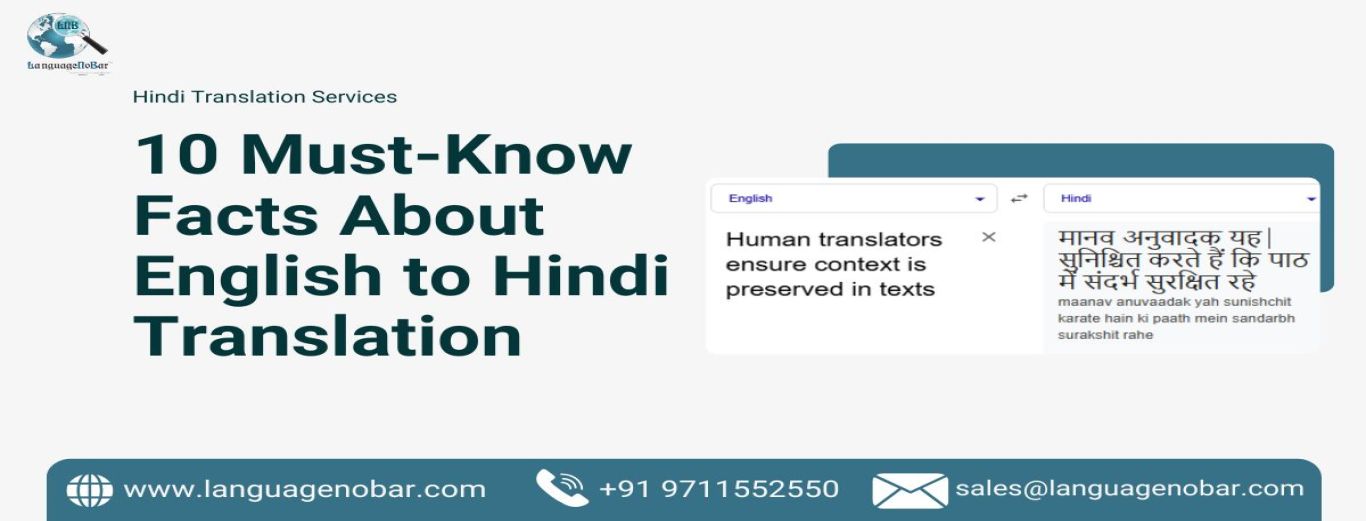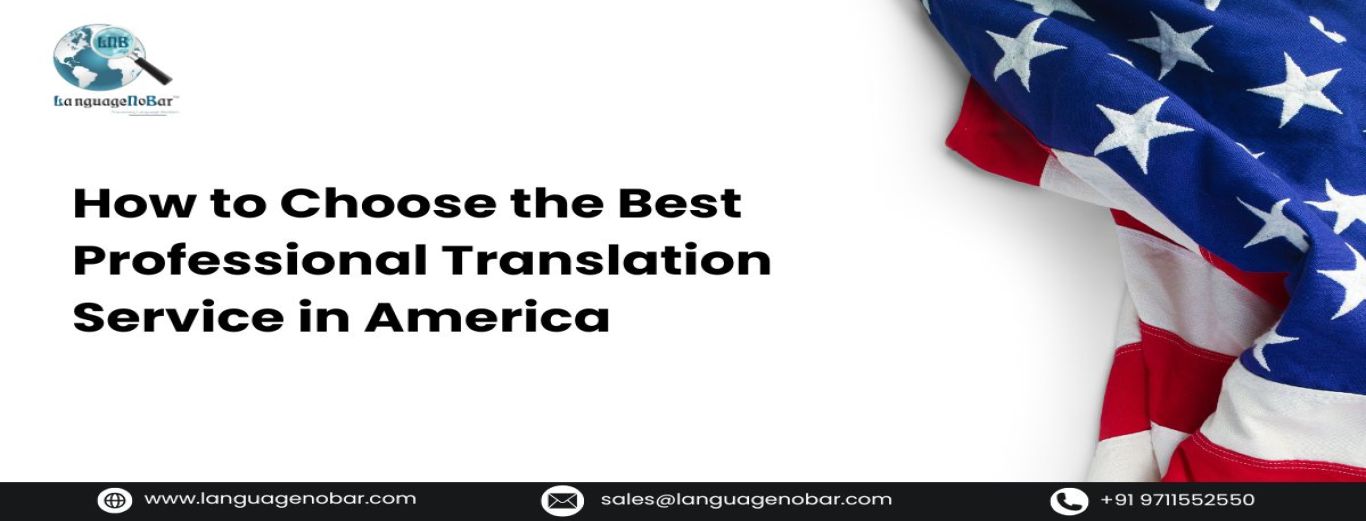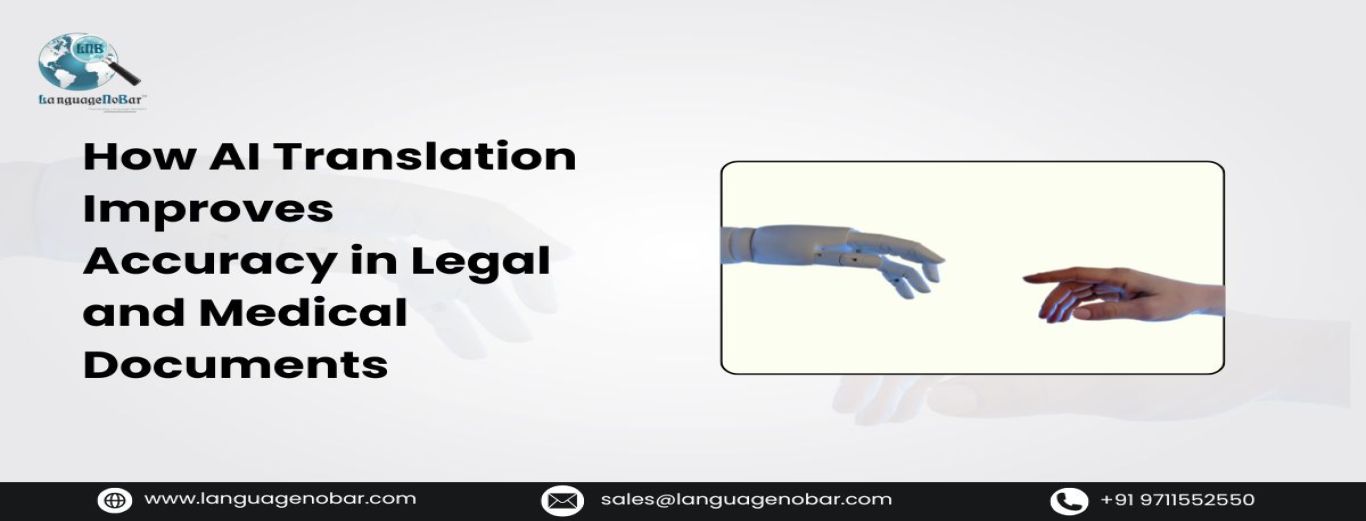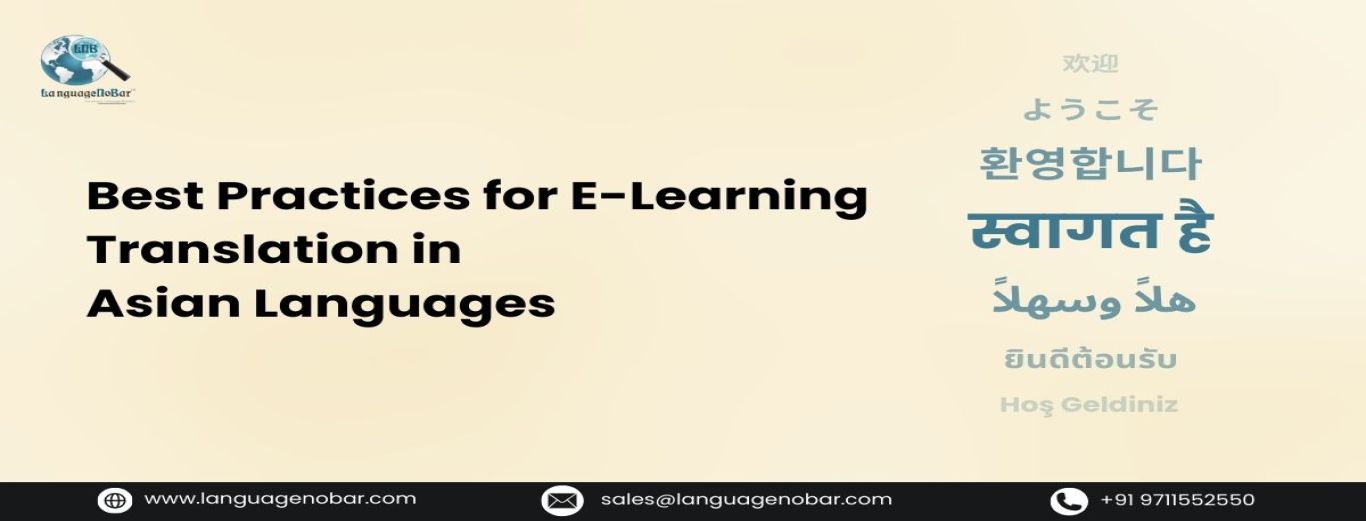Scientific Translations – Science, translation, and More
- Medical Translation Services
- Comments (0)
Just think how many people are working around the world to make advancements in the field of science. Someone is researching something in one part of the world and someone experimenting with something in the other. And sometimes these two are combined, we have something new, something that is bigger and has larger applications than either of its parts individually. Scientists and other professionals are working tirelessly in search of something new in every field. When it comes to sharing their work with the world, they would obviously like to reach the maximum number of people. That’s where the linguistic adaptation of their work is otherwise known as scientific translation. Scientific translations incorporate a wide variety of documents normally characterized by a unique and objective language with immensely composite terminology. Also, these documents frequently use abbreviations and cover specialized concepts. Therefore, it’s no wonder that the authors of these texts or documents as well as their aimed audience are knowledgeable on the subject. Therefore, professional scientific translations can only be provided by an expert, experienced, & professional translation company.
Conventionally, the most translated texts in this area are scientific and academic articles published by researchers to update the public of their discoveries. The results of clinical trials and experiments also undergo a process of linguistic modification and the same goes for instruction manuals and technical guides. Scientific translations cover a wide range of branches, some are as follows – Medicine, Biology, Chemistry, Pharmacology, Physics, Psychology, Geology, Zoology, etc. Note that a professional translator with subject matter expertise in the field of physics could be great for translating documents and texts of Physics but cannot be suitable for other subject translations. For instance, for impeccable medical translations, you need someone with expert-level knowledge in medicine, not Physics.
In a field where accuracy and precision are paramount the challenge of achieving quality and exactness is very high, therefore, here are some Do’s & Don’ts to ensure a high-quality scientific translation –
Don’t go with bilingual Co-workers for translations – The language skills of bilingual or multilingual co-workers might be impressive, but when it comes to the thoroughness and specificity mandatory for scientific translations, being bilingual is not enough to cut through. Dealing with the translation of detailed scientific concepts and topics asks for a master of both languages (target & source) in question. Also, translation is not something you can automatically become good at just because you can speak both languages. One should always employ a well-skilled, highly qualified, and experienced translator for scientific translation projects.
Do get a Subject Matter Expert Translator – As every scientist knows only too well, precision and accuracy are imperative. Any elusiveness in a translation can result in concepts being expressed in a way that is not intended by the originator. Due to this, some scientists choose to avoid the translation process altogether as they are too much, but rightly, concerned that mistakes will be made in the translated texts. Therefore, employing translators having the required qualifications & experience in the specific scientific field is necessary. Some translation agencies like LanguageNoBar do this as a standard practice. Here, only linguists who are subject matter specialists are employed for a project. Using an expert is the only & best way to ensure the highest level of quality and accuracy when dealing with scientific data or text translations. An expert in the field understands the times when there is a need to be persuasive and be able to present ideas and concepts as clearly as intended.
Don’t go for non-native speakers – Any good language service provider will use a translator who is a native speaker of the target language for the project. Only native translators of the target language will be closely familiar with the multiple possible meanings and expressions available in the language. Sometimes a linguist with a high level of mastery might not have the cultural reference points or understand how the particular trade of science “operates” in the target region. Without ensuring the cultural viability, even theoretically accurate translations can lead to mistakes and miscommunication.
Do Get expert Editing & Proofing – Quality Assurance is a key part of ensuring the flawlessness of any scientific translation project. This requires having a separate, skilled editor and proofreader. The editor is employed to comment on things like the legibility of a document, or the accuracy of the words or phrases that the linguist chooses when translating. On the other hand, a proofreader’s job is to check the document for grammatical errors and other mistakes to prepare it for publishing. At LanguageNoBar, we follow a three-layer quality check program to ensure the impeccability of the translations.
It is pretty clear that the accuracy and comprehensibility of the texts are prudent in scientific document translations. Depending upon the audience or the readers the language and the complexity of the texts are required to be condensed into simpler terms with accuracy. Therefore, hiring an experienced and quality translator is a must for scientific translations.
Related Blog :
LIFE SCIENCES TRANSLATION SERVICES IN INDIA-GAINING MOMENTUM
WHY QUALITY IS IMPERATIVE IN LIFE SCIENCE TRANSLATIONS?
IMPORTANCE OF LOCALIZATION AND TRANSCREATION FOR BUSINESS EXPANSION

